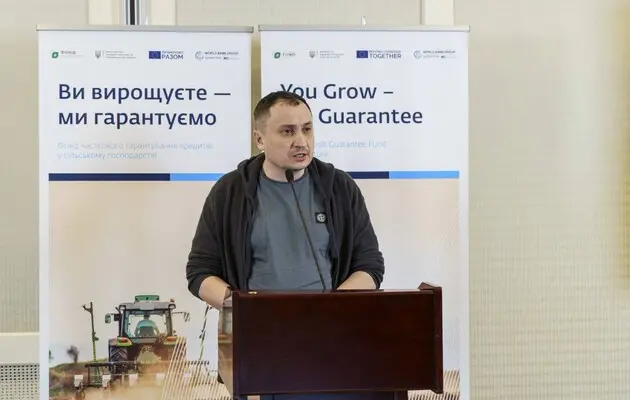The dismissal of Mykola Solskyi from the position of Minister of Agrarian Policy and Food of Ukraine is long-awaited. His inaction in eliminating the so-called grain crisis was obvious both to us and to our neighbors.
The profile minister ignored the problems of foreign trade. In early 2023, ZN.UA drew the attention of his department to dumping by domestic exporters (document), in the middle of 2023 we highlighted that besides the unscrupulous practices, an outright criminality with the export of "black" grain was noticed (Temporary investigative commission of the Verkhovna Rada of Ukraine report), in early 2024 – that there are almost no formal grounds for blocking trade, still the border is closed regularly.
Thanks to the National Anti-Corruption Bureau of Ukraine (NABU), we now know what the ex-Minister of Agrarian Policy was really interested in in the agricultural sector. According to the investigation, Mykola Solskyi organized and headed a criminal group that managed to appropriate state land as big as one of the most densely populated districts in the capital – Troyeshchyna – and planned to soon double his land belongings.
The scheme described by NABU investigators is not simple and pretty audacious – obviously, when the issue concerns personal interests instead of the state ones, Mykola Solskyi knows how to impress everyone. To begin with, the participants of the scheme destroyed documents confirming the right of two state-owned enterprises in Sumy Oblast to permanently use land plots. Then the main administration of the State Geocadastre in the region, accusing these state-owned enterprises of arbitrarily grabbing land, took them away and started allotment (as in the good old 90s), giving as many as 1,250 lucky Ukrainians land plots. There was only one condition for receiving a share: its immediate transfer to a private agricultural holding. Agricultural holdings in Ukraine, as you know, rent shares for about fifty years. It was strange to hope that none of the thousands of landlords or their relatives would come to their senses somewhere along this stretch, and the state-owned companies, which were also guilty, would remain obediently silent.
Coincidentally (not really), the peak of the scheme’s implementation fell on the period of the presidency of Andrii Bohdan, Solskyi’s close friend and partner, in the office of the president. The latter headed the agrarian committee of the parliament at that time.
Having taken over the post of Minister of Agrarian Policy, Mykola Solskyi, according to NABU, did not cut ties with his criminal past: the participants of the scheme decided to add another 3.2 thousand hectares to the already appropriated 2.5 thousand hectares of land. NABU decided not to wait for the completion of this stage.
However, neither the suspicion, nor the search conducted at his home two weeks ago, was a surprise for Solskyi.
The only surprise is why Bankova, understanding all the reputational risks, has not yet managed to replace the toxic minister. Obviously, it is difficult to decide on replacement candidates because the current government is primarily looking for loyalty, not professionalism. Nevertheless, the country needs a minister of industrial agriculture, and now more than ever.
Does Mykola Solskyi have any achievements in office?
Apparently, one of the main “successes” was the continuation of the policy of neutralizing the middle class in the countryside and depriving farms of state support. In the context of the political decision to put the land into circulation (which also turned out to be a premature step, because Ukrainian farmers did not have time to build up their muscles to buy back the land), Minister Solskyi was completely indifferent.
Otherwise, the agrarian sector is self-developing and self-organizing so well that it would be a great disrespect to its players to attribute the achievements of the agrarians to the minister alone. Even without it, banks would lend to agricultural producers due to the quick payback of their business. Assistance with the importation of seed material would equally be provided due to the weight of Ukraine as a producer on the world market. The Grain Sea Corridor is the achievement of the superpowers of diplomats and the military, not the Ministry of Agrarian Policy and Food of Ukraine.
This does not mean that we do not need the mentioned ministry at all, but its next head should clearly understand that the maximum access to the EU market requires changes from our industrial agriculture already today. And just living as before, not interfering in anything, and minding your own business, as his predecessor did, is definitely a losing strategy.
